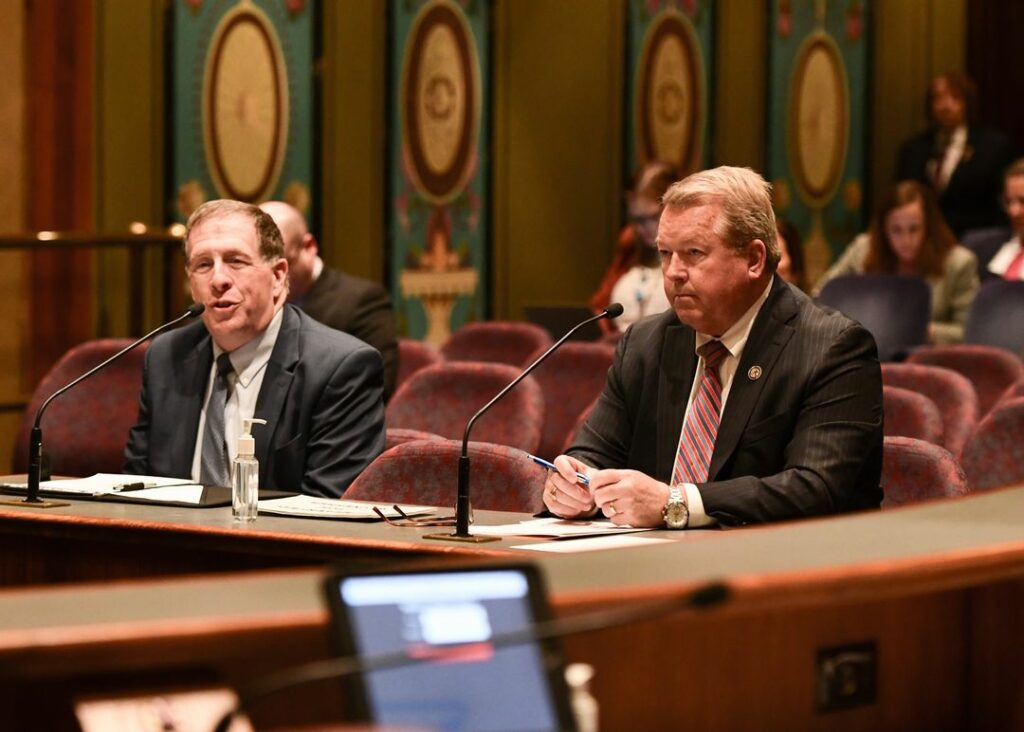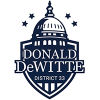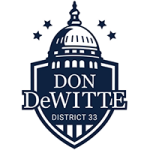Illinois Supreme Court Sets Hearing Date for the SAFE-T Act Appeal

On March 14, the Illinois Supreme Court will begin hearing oral arguments on whether the no-cash bail provision of the SAFE-T Act is constitutional. In late December, a judge in Kankakee County ruled in favor of more than 60 State’s Attorneys as it declared the controversial provision violated the Illinois Constitution.
The no-cash bail system was set to go into effect on Jan. 1; however, the Illinois Supreme Court issued an order on Dec. 31 that halted the implementation of the no-cash bail system following the lower court’s ruling. The Supreme Court’s ruling was issued to make sure different pretrial detention rules weren’t being used in various counties while the court case moved forward. In its order, the Illinois Supreme Court said the ruling was to “maintain consistent pretrial procedures throughout Illinois” as 65 counties were included in the lawsuit while the other 37 counties were still planning on implementing the no-cash bail system.
While Illinois’ high court determines the fate of the no-cash bail system, other portions of the SAFE-T Act are already being implemented, including requiring body cameras for law enforcement, more police training, and new guidelines for the decertification of police officers.
Senate Republicans Move Bills through Committee Process

The spring legislative process is in full swing as committee action picked up last week in the Senate. Legislators presented a wide variety of bills to their respective substantive committees.
Before legislation can make its way to the Senate Floor for a vote, it must first be vetted through the committee process. Bills that receive a successful number of votes in committee then move on for consideration of the full Senate.
For the 2023 session year, I have filed a comprehensive legislative agenda. One of my bills passed unanimously out of the Senate Revenue Committee on Wednesday, and it will now head to the Senate floor for final consideration. Kane County Assessor Mark Armstrong (shown in the picture) came to Springfield for the hearing and helped me present the bill (Senate Bill 1225). The bill is technical in nature, and improves the system assessors use to establish or reestablish parcels that are entitled to “common area” exemptions. During Wednesday’s bill presentation, Assessor Armstrong called SB 1225 a “win-win,” and said it helps assessors to make better assessments and ensures property owners are receiving all of their available exemptions.
To track legislative action throughout the spring legislative session, go to www.ilga.gov. Fill in the bill number in the search box, and scroll down to “last action.”
DeWitte Files Legislation to Protect Municipalities from LGDF Sweeps
As the former mayor of St. Charles, I am keenly aware of the importance of the Local Government Distributive Fund (LGDF). This is money that is raised locally through income taxes, sent to the state, with 10% returned to the community of origin. Now, as a Senator, I am finding that I must fight to ensure local communities receive the full share of LGDF money they were originally promised.
Municipalities rely on these funds to help balance their budgets. Several years back an agreement was made that local governments would have 10% of the collected LGDF money returned to them, but in recent years the State of Illinois has been shortchanging communities and sending them lesser amounts. When the Governor sweeps those funds, he places an additional financial strain on local communities, and the ultimate burden falls on property taxpayers.
Through my Senate Bill 2206, the Illinois Income Tax Act would be amended to ensure that an amount equal to 10% of the net revenue realized from the State income tax each month would be transferred from the State General Fund to the Local Government Distributive Fund.
With money transferred monthly, I believe communities will be better protected from fund sweeps. We need to protect taxpayers and communities by enshrining the 10% LGDF promise in our statutes once and for all. By doing so, budgeteers in every Illinois community can have confidence and reliable revenue figures when they work through their local budget processes.

